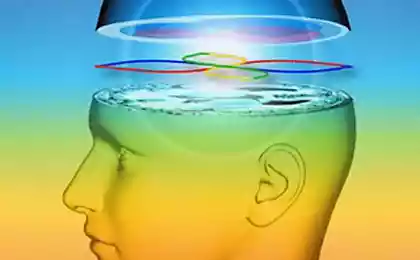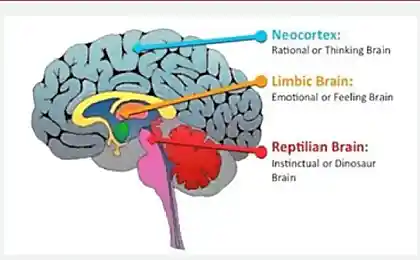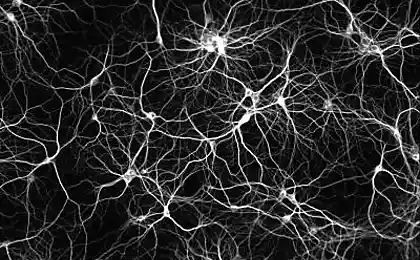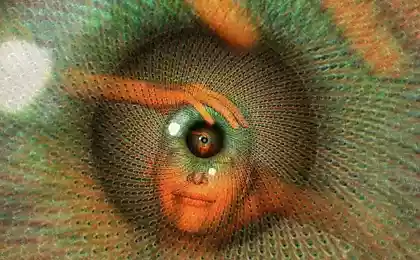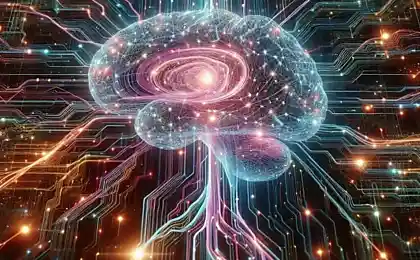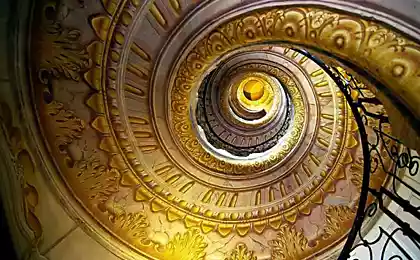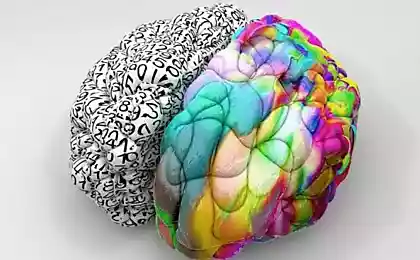291
The Man Who Remembers the Future: A Unique Case of Reverse Memory
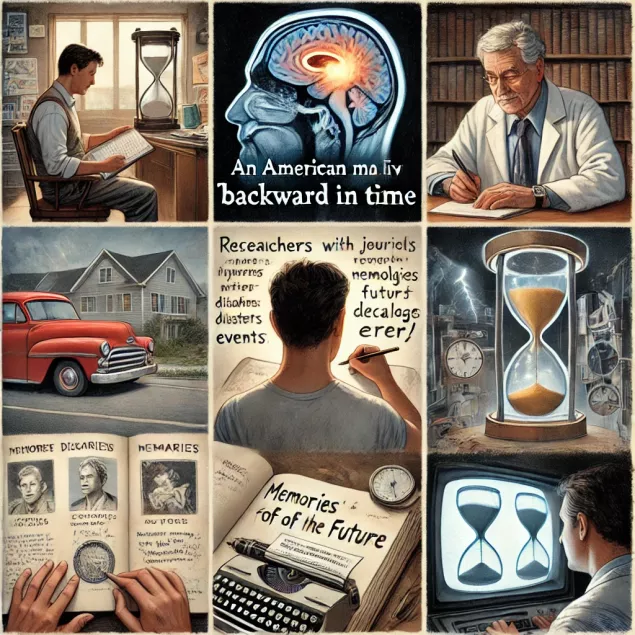
The story of an American living backwards
In the world of unexplained phenomena, there is a rare case that challenges not only science but the very concept of time. The story of an American named John (his real name remains classified) is unique. This person claims to live backwards: he does not remember his past, but the future, which is becoming clearer and more definite for him every day. Events that will happen for others have already happened for John, and the past remains in a fog for him.
According to John, he “woke up” with this feature as a child and did not realize its uniqueness until his youth. It wasn’t until his twenties that he realized that his memories didn’t correspond to past events, and his diaries, which he began keeping as a teenager, described things that hadn’t happened yet. Many events around him, from chance encounters to global events, occur exactly as he described in his notes long before they happened.
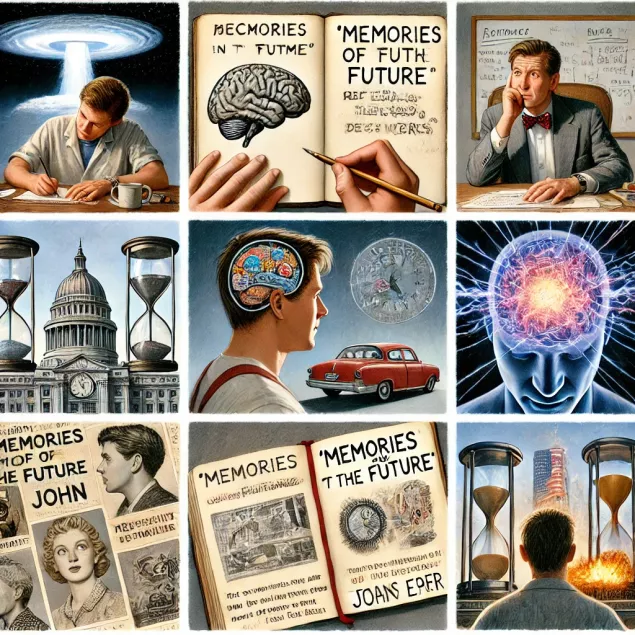
Medical research of the phenomenon
Scientists, psychologists and neuroscientists have long tried to explain John's phenomenon, calling it "reverse memory." This phenomenon remains almost unexplored, and its documentation is of great interest among specialists. Neurological studies have shown that John’s brain does process temporary information differently than normal people.
In John's brain, abnormal patterns of activity in areas associated with memory and time perception were revealed. Its hippocampus, the center of memory, has unique features, but doctors have yet to give an exact explanation as to why it functions this way. Technologies such as magnetic resonance imaging (MRI) have shown that in moments of “memories of the future,” John’s brain activity is similar to that experienced by ordinary people when remembering the past. For John, the future is what has already happened, and his brain perceives the events of the future with the same clarity and detail that others remember yesterday.
Predictions that have already come true
John repeatedly confirmed his “memories” with predictions that later came true. His diaries, in which he records all the details of the “future past,” have proved accurate with respect to a multitude of events. For example, in one recording dating back to 2000, John predicted the terrorist attacks of September 11, 2001 with alarming accuracy, describing the location, time and details of the disaster. These notes were checked and witnessed by specialists, which confirmed their authenticity.
John also predicted natural disasters and economic crises. He claimed to remember the collapse of financial markets in 2008 since he was a teenager. His memories of the future include details such as dates, places and even the reactions of people around him, he said.
However, not all of his predictions concern only negative events. John also described positive aspects such as the discovery of new technologies, inventions and even cultural achievements. For example, he accurately predicted the surge in popularity of social media and the development of smartphones long before their invention.
Diaries of the future
Of particular interest is the fact that John keeps diaries from a young age, recording "memories of the future." These recordings have become an important document for researchers, as they help to document moments that have already occurred and are yet to occur. In his diaries, John describes each day as he “remembers” it, as if he lived the future long before it came.
The diaries have become the subject of several scientific institutions that investigate John's phenomenon and try to confirm or disprove the truth of his "memories." Some of the events recorded in the diaries have already come true, which makes scientists treat its phenomenon with caution and respect. John also predicts things that are yet to happen. Among these records there are both ordinary everyday moments and significant world events.
In his diaries, John describes the future with amazing details: little things, conversations, smells and images that he says he remembers as clearly as we remember yesterday. Some scientists compare this phenomenon to the effect of déjà vu, but in John it manifests itself on a completely different level, allowing him not only to “see” the future, but also to live it long before the onset.
Conclusion
The phenomenon of John’s “reverse memory” remains one of the most mysterious topics in science. This unique case is of interest not only to scientists, but also to ordinary people, because it challenges our understanding of time and memory. The question of whether it is possible to remember the future as we remember the past remains open. If John truly lives backwards, this discovery could change our understanding of time, memory, and the very nature of reality.
As scientists search for answers, John continues to keep his diaries, capturing moments that will one day become our present, but are long gone for him. And perhaps in the future, his recordings will help us better understand how his unique mind works and what he can tell us about the nature of time.
Project Mirror: The secret experiments of the USSR to create a portal to a parallel world
The sounds of the abyss: What did scientists hear at the bottom of the Pacific Ocean?





